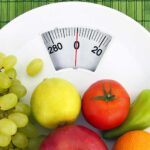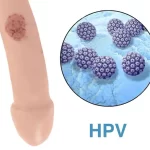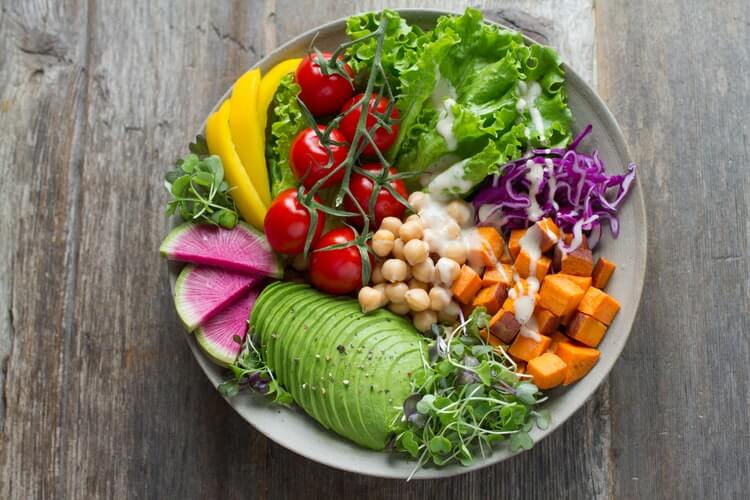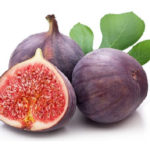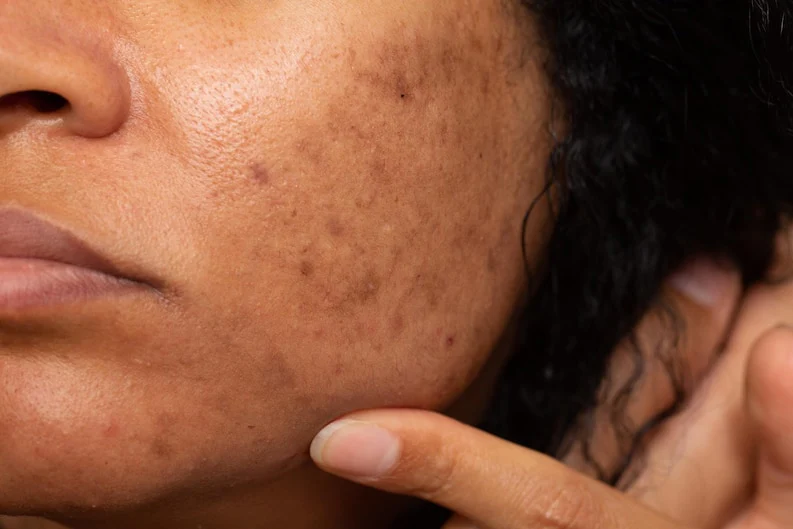Benefits of Being Vegan
Benefits of being vegan seem enormous. According to a 2019 article in The Economist, 25% of Americans aged 25 to 34 reported being vegans or vegetarians.
Additionally, interest in veganism surged to an unprecedented level in 2020, as noted in a report by the culinary website Chef’s Pencil.
For some individuals, giving up dairy, meat, and other animal products might seem like a significant sacrifice. However, for others, the advantages of adopting a vegan diet—both personal and societal—make the decision an obvious one.
For instance, many people are deeply concerned about animal welfare. The potential health benefits of a vegan lifestyle also motivate numerous individuals to make the switch.
But is a vegan diet truly as healthy as it’s often claimed to be?
When done correctly, a vegan diet can offer numerous health benefits. Jeffrey Soble, MD, a cardiologist at RUSH University Medical Center, adopted a plant-based diet nearly two years ago.
Improving his health, especially given his family history of heart disease, was a major factor in his decision. Research has demonstrated that a vegan diet can:
- Promote weight loss
- Reduce the risk of heart disease by lowering cholesterol levels
- Decrease the likelihood of certain types of cancer, such as colon cancer
- Help manage diabetes by lowering A1C levels
However, as Soble would advise any of his patients considering this lifestyle change, switching to a vegan diet does not automatically ensure good health.
“You can be overweight and be a vegan; you can be malnourished and be a vegan,” Soble says. “Whatever your diet choice, you have to know which foods to avoid and which foods to seek out.”
The Key: Planning
“Refined grains, sweets, and junk food are troublemakers for everyone, not just vegans,” Soble cautions. “Both vegans and non-vegans can fall into the habit of making these items the mainstays of their diet.”
To maintain a healthy diet of any kind, it’s essential to include important nutrients. While many of these nutrients are abundant in dairy and meat, vegans need to find alternative sources.
- Protein: Animals aren’t the only sources of protein. Soy products, like tofu and edamame, are packed with protein. Other good sources include seitan (made from gluten), chickpeas, lentils, and nutritional yeast.
- Vitamin B12: A lack of vitamin B12 can make you feel tired and weak. Because vitamin B12 can’t be found in plants, vegans need to get it from fortified cereals, fortified rice, soy drinks, or supplements. The recommended daily amount for most adults is about 2.4 micrograms, but check with your doctor to determine the right amount for you.
- Essential Fatty Acids: A lack of essential fatty acids has been associated with cognitive impairment and depression. To get these, consume whole grains and leafy green vegetables like kale, spinach, and collards. Snacking on unsalted nuts, such as almonds, walnuts, or pistachios, can also help (just watch your portions as nuts are high in calories).
- Iron: While red meat and egg yolks are rich in iron but also high in cholesterol, good plant sources of iron include black-eyed peas, tofu, and dried fruits. Fresh fruits also contain iron, but dried fruits offer more because you consume more.
- Vitamin D: Ten to fifteen minutes of sunlight exposure daily can boost vitamin D levels, as can fortified orange juice and soy products.
A Balanced Approach
Veganism doesn’t have to be an all-or-nothing commitment. By creating a personalized plan and being realistic about your goals, you’ll find greater satisfaction in making the change.
“You can be overweight and be a vegan; you can be malnourished and be a vegan,” Soble says. “Whatever your diet choice, you have to know which foods to avoid and which foods to seek out.”
SEE ALSO: Benefits of Garlic Sexually
Top 10 Health Benefits of a Vegan Diet
- May Support Weight Loss
- For many, the desire to lose a few pounds is enough motivation to switch to a plant-based diet. A US study comparing various diets found that a balanced vegan diet has the lowest total energy intake, a better fat profile, and the highest dietary fiber levels compared to omnivore and lacto-ovo-vegetarian diets. Higher fiber intake means meals are more satiating, making you less likely to snack and better connected to your hunger signals.
- Other studies show that vegans tend to be thinner and have a lower body mass index (BMI). In one study, over 18 weeks, participants on a low-fat vegan diet lost 4.2 kg more than those on a control diet. Additionally, a vegan diet is naturally lower in calories, making calorie counting and portion control less necessary.
- May Support Heart Health
- Consuming a diet rich in vegan-friendly foods such as whole grains, legumes, fruits, and vegetables is associated with a lower risk of heart disease and stroke.
- May Lower Blood Pressure and Cholesterol
- Following a vegetarian or vegan diet is linked to lower blood pressure and better cholesterol management. Male vegans, in particular, enjoy significant cardiovascular benefits, with notable reductions in several cardiac risk factors.
- May Support Blood Sugar Balance
- A whole-food vegan diet may help those with blood sugar disturbances. Vegans tend to have higher insulin sensitivity and lower blood sugar levels, reducing the risk of developing type 2 diabetes. This is partly because a whole-food vegan diet typically includes plenty of low glycemic index (GI) foods rich in dietary fiber.
- Including whole grains in the diet helps stabilize blood sugar by slowing digestion. Conversely, refined grains and processed ‘wholemeal’ products digest faster, releasing their carb content more rapidly. For blood sugar benefits, ensure you include plenty of whole grains in your meals.
- May Reduce the Risk of Diabetes Complications
- Vegan diets are generally lower in saturated fat and higher in protective phytonutrients from fruits and vegetables, aligning with dietary guidelines for those with diabetes. However, if you’ve been diagnosed with type 2 diabetes and/or are on medication, consult your GP or dietitian before making significant dietary changes.
- May Reduce the Risk of Certain Cancers
- Cancer cases are expected to rise, partly due to lifestyle factors like obesity, inactivity, and diet. Eating more plant-based foods, including legumes, fruits, and vegetables, while reducing intake of smoked or processed red meats, can lower cancer risk.
- Studies show that the best outcomes for reducing cancer risk come from a well-balanced vegan diet.
- May Be Beneficial for Gut Health
- Your gut microbiome, the community of microbes living in your digestive tract, influences your overall health. Research suggests that changing your diet can quickly and positively alter your gut microbiome.
- A varied plant-based diet can promote beneficial microbes and increase microbial diversity, which is important for fighting diseases. A loss in species diversity is linked to various health issues.
- May Be Anti-Inflammatory
- A diet rich in antioxidant-rich whole foods, including a variety of fruits and vegetables and fewer trigger foods, may reduce inflammatory reactions seen in conditions like rheumatoid arthritis and osteoarthritis.
- May Support Healthy Skin
- Higher intakes of fruits and vegetables, common in vegan diets, are associated with positive skin health. These foods are rich in polyphenols and key skin-supporting nutrients like vitamins C and E. Benefits may extend to skin conditions like acne, psoriasis, and atopic dermatitis, as well as skin aging.
- High Scoring for Nutritional Quality
Whole-food vegan diets, including fortified foods, are linked to better health due to their high dietary fiber and abundant sources of folate, vitamins C and E, potassium, and magnesium. The high intake of fruits and vegetables, low sodium (salt), and saturated fat contribute to the high nutritional quality of vegan diets.
A Few Tips
Feel ready to make the change? To ease your transition, Soble offers a few suggestions:
- Talk to Your Partner First
- Explain your reasons for making the change. Your partner may decide to join you on this journey, or you may have to go it alone. If you do choose to eat differently, discuss how this will work in terms of shopping, meal preparation, and dining out.
- Take Notes
- Write down which vegan foods you’ve enjoyed in the past and where to get them. This can include prepared meals from your local grocer, your preferred brand of soy yogurt, or tasty entrées at nearby restaurants. This handy list will help with last-minute meal planning and reduce the stress of shopping and dining.
- Understand Your Own Expectations
- Will you ensure that every item you eat has no animal products by reading ingredient labels? Or will you take a more flexible approach, allowing yourself a little ice cream at birthday parties? Veganism doesn’t have to be all or nothing. Take a close look at your goals and objectives and do what works best for you. “By creating your own roadmap and being realistic about what you want to achieve, you’ll be more satisfied with making the change,” Soble says.
- Remove Hurdles
- Can’t go vegan because there’s no Whole Foods or Trader Joe’s nearby? These days, you don’t need a gourmet or organic grocery store to shop vegan, Soble says. “In Chicago, more chain stores are opening in underserved communities and offering not only fresh produce but soy products as well,” he notes. Farmers’ markets are also more plentiful. You don’t need organic foods or even fresh produce to be a vegan. Frozen vegetables and fruits can also be part of a vegan diet.
By following these tips, you can make your transition to a vegan lifestyle smoother and more enjoyable.

A graduate of Computer Science and Information Management Technology. Diploma – Caregiving, Certificates – Dementia and Diabetes Awareness and Management. A researcher, blogger, songwriter, singer and acoustic guitarist. Born in an environment where natural talents such as healing are imparted at our natural birth. This natural talents of healing is the result of our genetic inheritance and the training from family environment.


